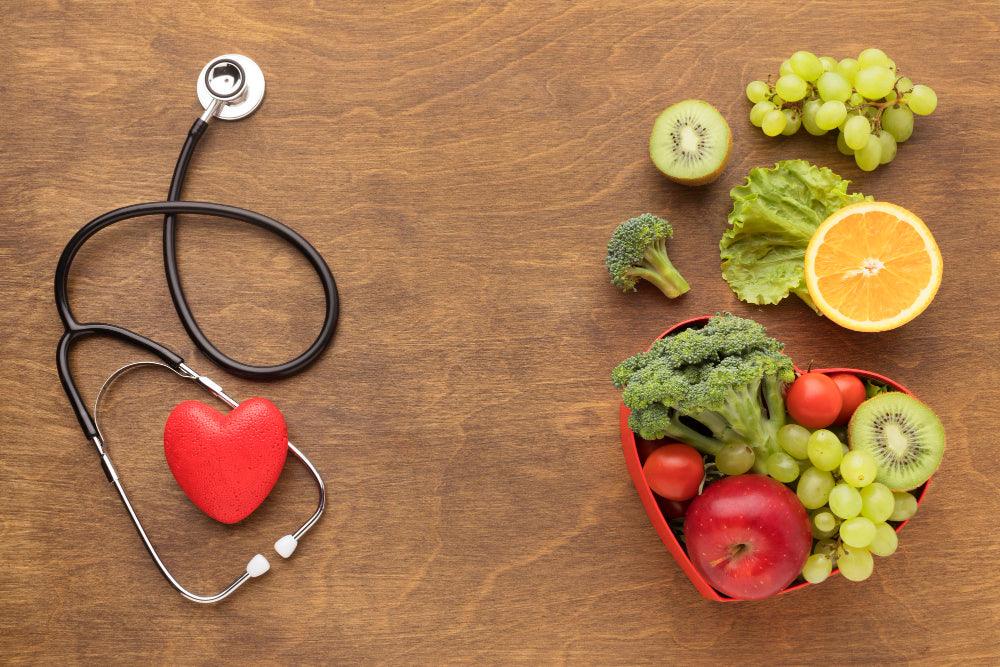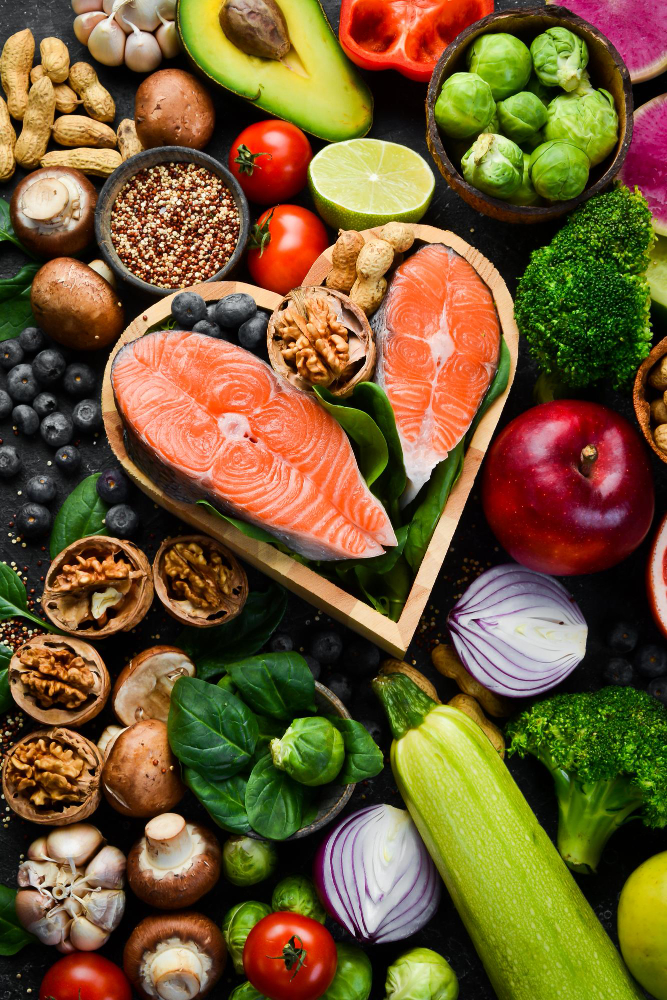The Best Diet for a Healthy Heart


The industrial era has unleashed a new range of cardiovascular diseases, including hypercholesterolemia, high blood pressure and cardiac stroke. No one wants to spend his hard-earned money on already rising medical bills. Consequently, the interest in old concepts of food as medicine is reviving.
Heart health is vital for your quality of life. In 2021 (Jan-Sept), heart diseases ranked the third most prevailing cause of mortality, causing 38,683 deaths in England and Wales. Even if you live with heart disease, the quality of such a life will be significantly lower.
Your diet is your medicine. Hippocrates, 2,500 years back, coined the idea. In some way or the other, heart disease is related to your diet and lifestyle. However, what should a heart-healthy diet look like? Some people may find a solution in a Mediterranean-style diet. However, it may not be feasible for a person living in a landlocked country.

So, what would a heart-healthy diet look like? The general recommendations are replacing olive oil with saturated fat, using low-fat dairy products, avoiding salty and processed foods, banishing trans fats, using monounsaturated and polyunsaturated fats, and maintaining a healthy lifestyle. The best diet for a healthy heart should incorporate the following ideas below.
Saturated fats have become an icon of hatred these days. They were not so previously. You get them from animal sources, e.g., poultry, pork, beef, mutton, butter, cheese, coconut oils and eggs. These were some of the most loved American and British diets.
However, being a source of dietary cholesterol and solid at room temperature, they are classified as unhealthy fats. They are a rich source of calories. One gram of saturated fat can deliver nine calories to your body. The American Heart Association (AHA) recommends that a person derive 5-6% of his calories from saturated fats. So, if you need 2000 calories a day, you need to consume only 11-13 grams of saturated fats to reduce the risk of cardiovascular disease.
Therefore, you must look at the ingredients of your processed foods and check if they agree with your dietary fat requirements.
Your body requires the common table salt (sodium chloride) for several essential functions.
However, using excessive quantities of salt will be problematic. The salts have a secret problem. They have a love for the water and hold water wherever they go. So, they will hold water while in your blood, and your arteries will experience more pressure. You can lower blood pressure by managing your daily salt intake up to 1.5g or even lower if you have a hypertension issue.
The blood flowing in your arteries exerts a certain pressure on the walls of the arteries. Its standard value is 120mmHg for systolic and 80mmHg for diastolic. A 2015 report highlighted that high blood pressure affects nearly a quarter of the UK population and causes 75,000 deaths annually. As this pressure is generated by your heart, normal blood pressure means a normal heart. Moreover, increased blood pressure can exacerbate coronary heart disease. Some heart-healthy diets, for example, the Mediterranean diet, can help you manage blood pressure, thereby improving heart health.
A healthy diet should also help you to manage blood pressure. Include foods rich in vitamin C (citrus fruits, green vegetables, strawberries, tomatoes and potatoes), vitamin D (fish oil, egg yolk and red meat) and vitamin B complex (seafood, beans, green vegetables, banana, lean meats, dairy products, e.g., low-fat yoghurt, spinach, whole grains and seeds).
Moreover, a blood pressure-friendly diet should incorporate magnesium, potassium and calcium while avoiding refined sugars, sodium and saturated fats. A diet low in saturated fats will lower LDL cholesterol and improve heart health.
A 2016 study found that replacing the saturated fatty acids in your diet with polyunsaturated fatty acids can lower the risk of cardiovascular diseases. Therefore, healthy heart diets should aim to replace the saturated fats in the diet with poly or monounsaturated fats.

So, include healthy fats, e.g., omega-3 fatty acids (oily fishes, walnuts and soybeans), monounsaturated fats (extra virgin olive oil, peanut oil, canola oil, nuts and avocados) and polyunsaturated fats (vegetable oils). Adding healthy fat to your diet can have several heart health benefits.
After having a comprehensive understanding of various components of a heart-friendly diet, let me introduce you to some standard diets well known for their health benefits. Then, just choose any one according to your liking and become a good friend to your heart.
The MIND diet combines Mediterranean and DASH diets and is specifically recommended for cognitive health. A person on this diet will experience improved cardiac functionality and a slow age-related decline in cognitive functions. The diet avoids red meats, saturated fats, and sweets and uses more whole grains, seafood and vegetables.
By eating healthy foods you modified into a diet according to your body requirements, you can improve the health of your heat. For example, the increased risk of cardiovascular diseases can be reduced by using a heart-specific diet. Such a diet could be coupled with regular exercise to be more effective. So, make your food your medicine and lead a healthy life.
If you want to analyse your heart health, take our at-home test today, click here.
For a full range of blood tests and medications, visit our Welzo Online Pharmacy Page. For more details, click here.










Plus get the inside scoop on our latest content and updates in our monthly newsletter.